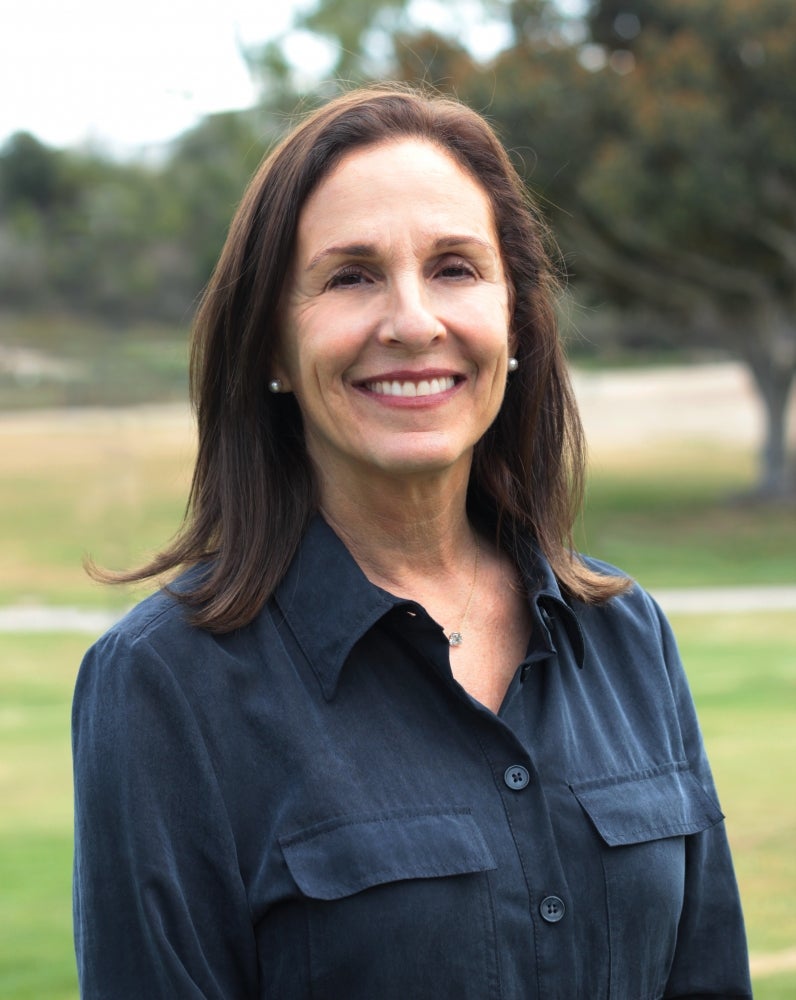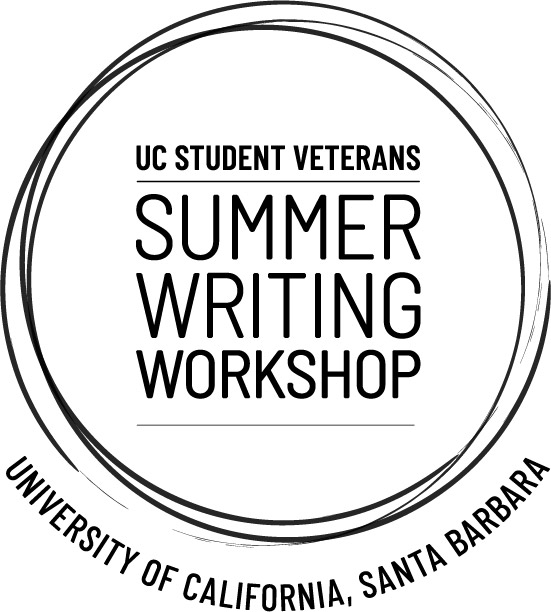Raising their Voice


“At that remote refueling point, miles from our command post and safe from danger, I had learned a different lesson on bravery. I learned that heroism was also required in quiet moments and safe moments. That my mettle had been and would be tested in small ways and often. I had a decision to make about the person I was going to be, not just in combat but always, and I was scared.”
So go the ending lines of a story by an Army veteran who completed three deployments to the Middle East before leaving the service to pursue a graduate degree. It’s no easy transition, but writing helped. She’s not the only one.
That student veteran is among the close to 100 from across the University of California who have benefited from the UC Student Veterans Summer Writing Workshop at UC Santa Barbara since its launch in 2015. And their numbers are about to grow significantly.
The UC Office of the President has now committed to funding the annual intensive writing retreat, which is completely free to UC student veterans who participate, for the next three years. The 2019 session will be held June 17-22 at UC Santa Barbara, hosted by the Interdisciplinary Humanities Center. Applications are open now through May 17.
“Receiving this new funding is simply fantastic — we’re very fortunate,” said Susan Derwin, director of the IHC and of the summer program. “This program supports numerous university priorities, including student veteran success, but also the transfer experience, diversity and inclusivity, because veterans are a very diverse group. And the great thing is, the program is fully funded — meals, lodging, travel — for each student. It’s free.”
Within one of the largest public university systems educating veterans today, the program brings a critical academic component by providing those students an expressive tool that is a valuable resource as they seek to bridge their military experiences with their lives after service.
“The challenges of integration of veterans into their universities and their communities continue, and this program is a facilitator for that,” said Derwin, who also teaches in the workshop. “What is so rich about the summer program is to see how energizing and inspiring it is for the participants to realize that they’re members of a group that spans California. They’re part of a cohort with fellow veterans pursuing all kinds of educational paths, who are diverse, but who share a common military history. And that really makes the them feel affirmed. It reinforces their identities, their connections to their shared military experiences. They recognize themselves as a unique community and as an important part of the broader culture.
“They have critical mass, they have a voice and the UC system cares about that voice,” she added. “The university recognizes how extraordinary they are and wants to facilitate their growth and thriving.”
Open to both undergraduate and graduate students, the summer program brings veterans from all 10 UC campuses to study and practice the art of storytelling, share personal narratives about their military experiences, produce original work and engage with other vets. Daily workshops, discussions and story circles, independent writing time, recreation and group events are meant to sharpen participants’ focus on their ideas and feelings about their time in the military.
The five-day workshop culminates in a public event that brings together members of the campus and broader Santa Barbara community, local veterans’ organizations and others interested in learning about the experiences of veterans, many of whom served during the recent wars in Iraq and Afghanistan.
In that way and others, the course has reverberating effects that extend far beyond a campus’s veteran population, according to Coby Dillard, veterans and military service coordinator at UC Santa Barbara,
“The UC Veterans Writing Workshop is an outstanding program,” Dillard said. “It offers veterans across the UC system a chance to not only connect with other student veterans, but to process their military experiences in an academic setting. What makes the program unique is that it allows student veterans to share their written work publicly. This benefits the civilian community, who may not always understand the military or veteran experience.”



